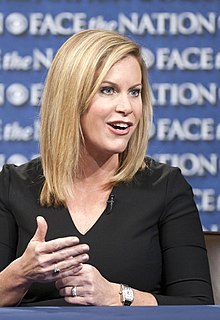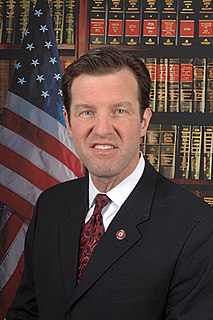A Quote by Stephanie Cutter
This is the debate we have every time we talk about the minimum wage, that if we raise it even 50 cents, that it means employers are just going to shut down. It's not true.
Related Quotes
[A] family with two kids that earns the minimum wage still lives below the poverty line. That's wrong. That's why, since the last time this Congress raised the minimum wage, 19 states have chosen to bump theirs even higher. Tonight, let's declare that in the wealthiest nation on Earth, no one who works full-time should have to live in poverty, and raise the federal minimum wage to $9 an hour.
If I thought that raising the minimum wage was the best way to help people increase their pay, I would be all for it, but it isn't. If you raise the minimum wage, you're going to make people more expensive than a machine. And that means all this automation that's replacing jobs and people is only going to be accelerated.
I was on the committee that helped raise the minimum wage here in Seattle. I introduced a statewide bill to raise the minimum wage in Washington state my first year in the state senate, and I really believe that raising the federal minimum wage, while not the answer to everything, addresses a lot of the issues at the very bottom.
A minimum-wage law, a law that prevents employers and employees from entering into mutually beneficial economic exchanges, is as far from a free market or free enterprise as one can get. That's why it causes so much damage and destruction, especially to black teenagers and others whose labor, for one reason or another, is valued by employers at less than the government-established minimum wage.
If the price of a burger goes up 5 cents, and the minimum wage that you have received is going up from $7.25 to $15 an hour - and there have been a number of studies that document just how much the price of a burger might go up if you increase the minimum wage. You match the costs, and the benefits far outweigh the costs.
While she [Hillary Clinton] may have a - give lip service to progressive issues, she led the charge, and there she definitely did, in Haiti, to push down the minimum wage from 60 cents an hour down to 40 cents an hour. She, you know, has been the good friend of the big banks forever, and the insurance companies.


































